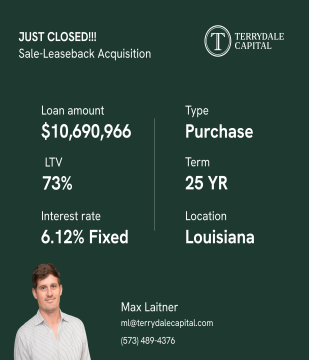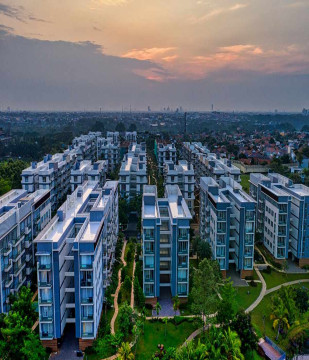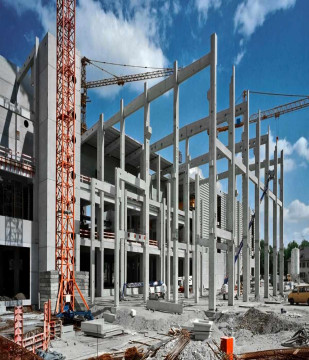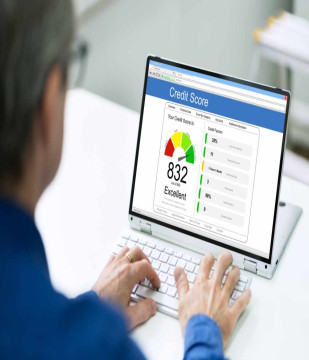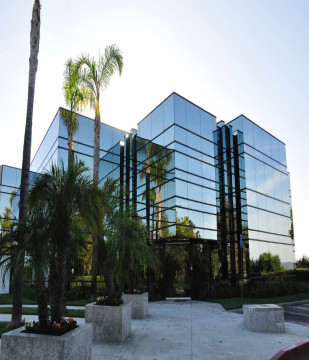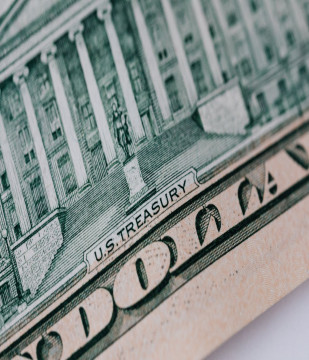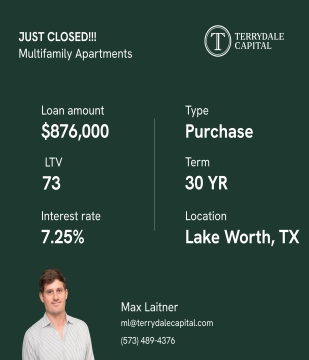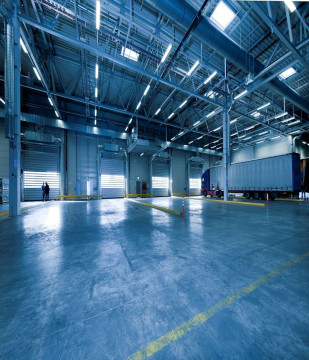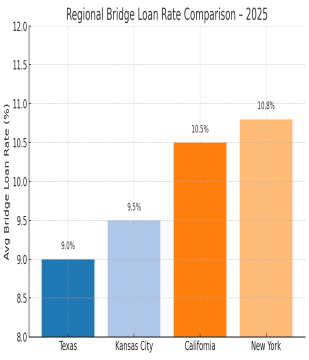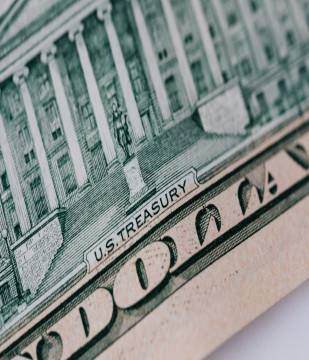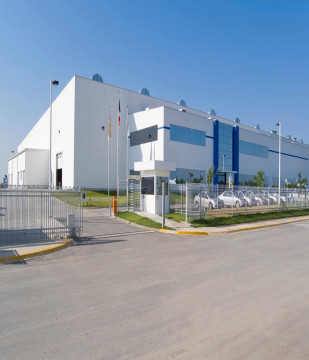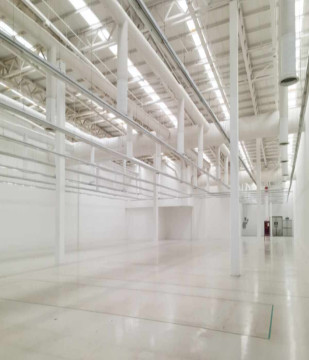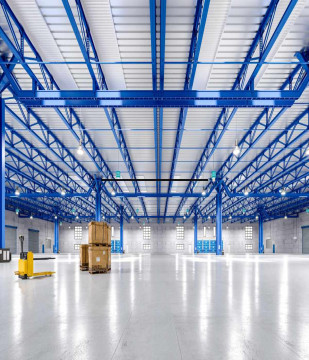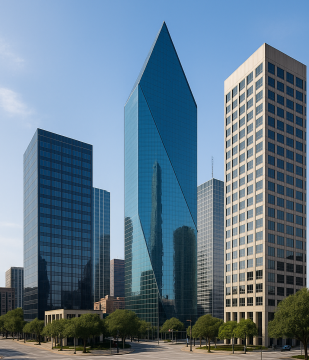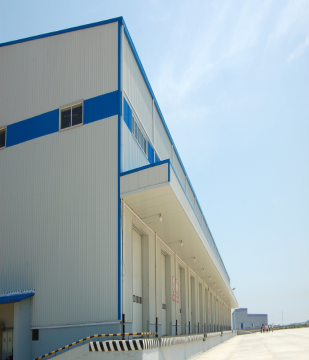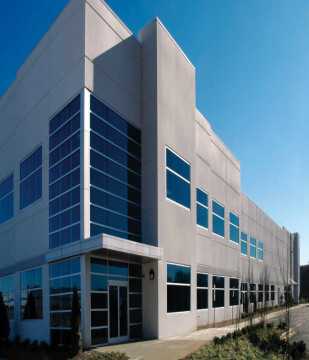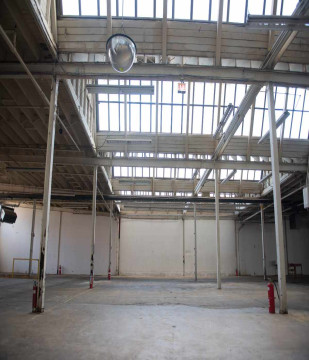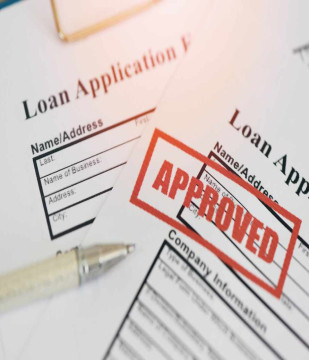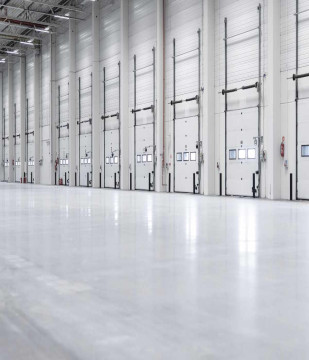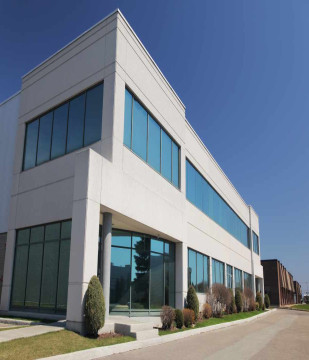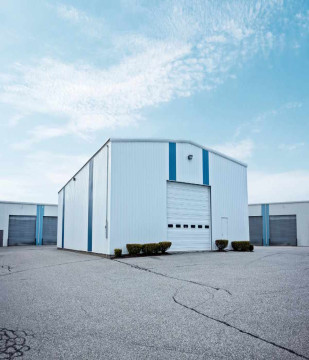Unlocking Opportunity Through SBA Loans

Terrydale Capital
Oct 24, 2023 7 Min read
Introduction:
In the realm of commercial real estate investing, securing financing can be a significant hurdle. However, the Small Business Administration (SBA) offers a potential solution through its loan programs. SBA loans have emerged as a valuable resource, providing aspiring investors with access to capital and opportunities for growth. In this blog, we will delve into the world of SBA loans, exploring what they are and how they apply to commercial real estate investing.
Understanding SBA Loans:
The Small Business Administration is a federal agency dedicated to supporting the growth and development of small businesses across various industries. One of its primary functions is to facilitate access to capital through loan programs. SBA loans are not directly funded by the SBA itself but are offered by participating lenders, such as banks and credit unions, with a guarantee from the SBA.
SBA loans come with several advantages that make them attractive to commercial real estate investors. These advantages include lower down payment requirements, longer repayment terms, and competitive interest rates compared to conventional loans. Additionally, SBA loans often have more flexible eligibility criteria, making them accessible to individuals with limited resources or credit history.
Types of SBA Loans for Commercial Real Estate Investing:
- 7(a) Loan Program: This is the SBA's flagship loan program, providing funding for a wide range of business purposes, including real estate acquisition, construction, or refinancing. With the 7(a) loan, investors can access funds up to $5 million. These loans can be used for purchasing commercial properties, expanding existing properties, or refinancing existing debt.
- CDC/504 Loan Program: The CDC/504 program is specifically designed for real estate and equipment purchases. These loans are ideal for investors looking to acquire owner-occupied commercial real estate. The program offers long-term, fixed-rate financing and can cover up to 85% of the total project cost, with a maximum loan amount of $5 million.
The Application Process:
Applying for an SBA loan requires careful planning and attention to detail. Here are the general steps involved:
- Business Plan: Prepare a comprehensive business plan that outlines your investment strategy, financial projections, and market analysis. This will demonstrate to lenders that you have a viable plan for success.
- Eligibility Check: Confirm that you meet the SBA's eligibility criteria, which typically include being a for-profit business, operating within the United States, and falling within the SBA's size standards for small businesses.
- Lender Selection: Research and identify SBA-approved lenders that specialize in commercial real estate loans. Approach multiple lenders to compare terms, rates, and loan requirements.
- Documentation: Gather the necessary documents, such as financial statements, tax returns, bank statements, and a detailed property appraisal. Be prepared to provide personal and business financial information.
- Loan Application: Complete the SBA loan application and submit it to the lender of your choice. Be thorough and accurate when filling out the application to avoid delays or rejection.
- Underwriting Process: The lender will review your application, assess your creditworthiness, and evaluate the property's potential value. This process may involve additional documentation requests and due diligence.
- Closing and Disbursement: Once approved, you will proceed to the loan closing stage. During closing, legal and financial matters are finalized, and the loan funds are disbursed to complete the real estate transaction.
2023 SBA Overview:
As of October of 2023 and leading into Q4 of the year, we have seen the following developments rate wise and compiled things to keep in mind as a commercial real estate investor:
- Rate: 8.75% +
- LTV Max: 85%
- Loan Max: $5,000,000
- Prepay: 3-Years
What SBA loans are best for:
- Smaller down payments
- Newer investors
- Owner occupied properties
If you are looking to refinance from your SBA 7a to a 504, check out our blog that discusses all of the ins and outs of the process.
Conclusion:
SBA loans offer a valuable pathway for commercial real estate investors to finance their ventures and achieve their investment goals. These loans provide flexible terms, reasonable interest rates, and a range of financing options. By understanding the various SBA loan programs available and following a structured application process, investors can unlock opportunities and thrive in the world of commercial real estate investing. Remember, while SBA loans can be a powerful tool, careful consideration and financial planning are essential to maximize their benefits and ensure long-term success. Terrydale Capital serves as an experienced and connected financial partner that stands ready to guide investors through the process and ensure their investing success. Contact us or visit Terrydale Live to perform your entire loan request online today!
Partner With Terrydale Capital for Your Debt Financing Needs
When it comes to debt financing, understanding the right timing, process, and options is crucial. At Terrydale Capital, we provide a comprehensive range of commercial loan solutions tailored to meet your business's unique needs.













